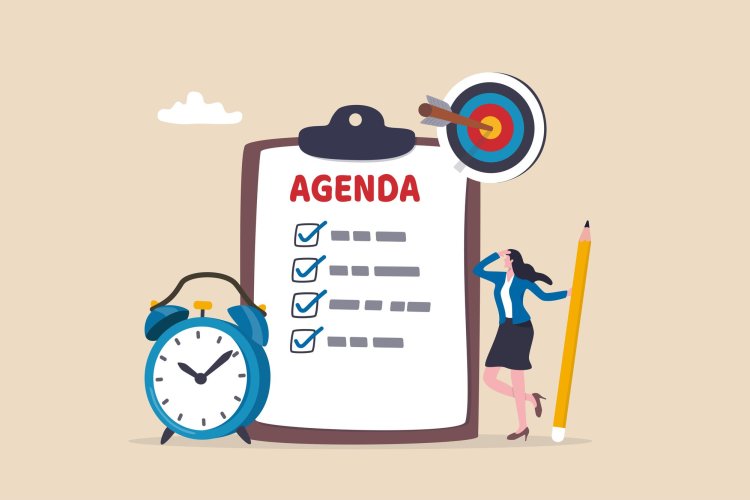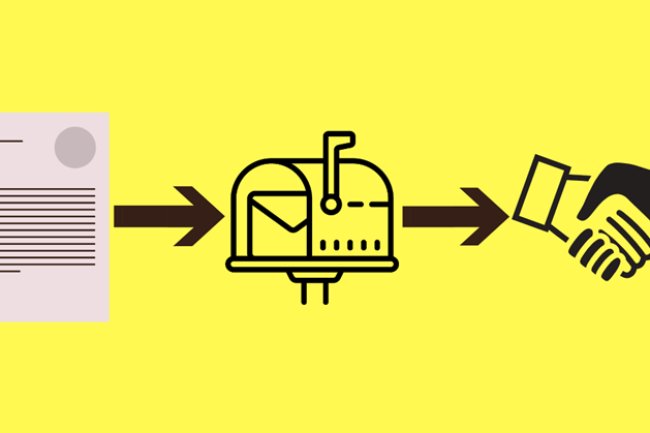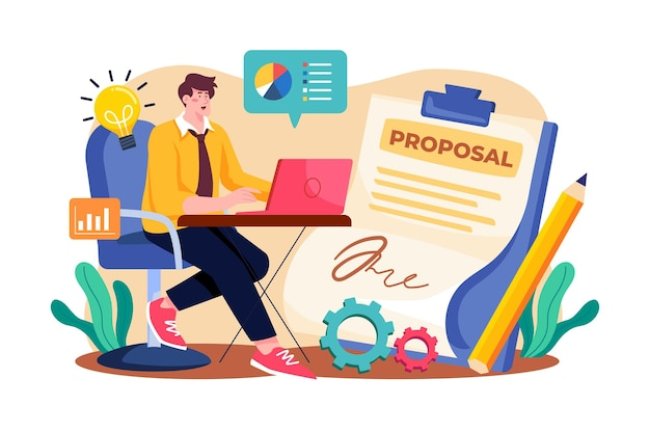Goverment correspondence:- Agenda writing formats and example
Goverment correspondence - Agenda writing formats and examples

Agenda
Meaning of Agenda:
An agenda is a written list of all the topics that will be discussed in a meeting.
It tells the participants what will happen in the meeting and in which order.
Purpose of Agenda:
- To inform meeting members about the topics.
- To keep the meeting organized and on schedule.
- To help participants prepare in advance.
- To make sure all important points are covered.
Features of Agenda:
- It is written before the meeting.
- It shows the order of discussion.
- It may include time for each topic.
- It mentions date, time, and place of the meeting.
- Sometimes, names of the speakers are included.
Format of Agenda:
An agenda usually has the following parts:
- Name of the Organization – The company, school, or office where the meeting is held.
- Title of the Document – It should clearly mention "Agenda."
- Date of the Meeting – The day the meeting will take place.
- Time of the Meeting – The start and end time of the meeting.
- Venue – The place where the meeting will happen.
- Type of Meeting – For example, staff meeting, student meeting, annual meeting.
- List of Topics (Points to be Discussed) – The main content of the agenda written point-wise in sequence:
- Welcome speech
- Approval of previous meeting notes
- Detailed discussion topics
- Any other business (Other small issues)
- Closing remarks
- Meeting ends (Adjournment)
- Name of the Person Preparing the Agenda – Usually the secretary.
Example of Agenda for a Company Meeting:
- Name of Organization: StarTech Solutions Pvt. Ltd.
- Title: Agenda
- Date: 30th June 2025
- Time: 3:00 PM to 5:00 PM
- Venue: Company Meeting Hall
- Meeting Type: Monthly Sales Review Meeting
Topics to be Discussed:
- Welcome and Introduction by the Sales Manager.
- Approval of the minutes from the last sales meeting.
- Review of current month's sales performance.
- Discussion on challenges faced by the sales team.
- Strategies to improve next month's sales.
- Discussion on launching a new product.
- Any other important business.
- Closing remarks by the General Manager.
- Meeting ends.
Prepared by:
Anjali Verma (Secretary)
Benefits of Agenda:
- Keeps the meeting focused.
- Helps everyone to stay on track.
- Saves time.
- Ensures that no topic is missed.
Tips:
- The agenda should be sent to participants before the meeting.
- Follow the order strictly during the meeting.
- The agenda should be short, clear, and easy to understand.
What's Your Reaction?

















